
Getting School Ready
In Timor-Leste
Home
Stories
Getting School Ready In Timor-Leste
Strengthening early education to help children prepare for school.
Getting to Letafoho
Story by Hannah Stewart, Head of International Programmes at UNICEF Aotearoa.
Bondia Mana Hannah,” my colleague says as we jump in the car and leave Dili, the capital of Timor-Leste, for a five-hour bumpy drive. We navigate potholes, winding roads, and pass smoky motorbikes on the way to Letafoho—a rural village where UNICEF Aotearoa and The Ministry of Foreign Affairs and Trade (MFAT) support a community-based early childhood education centre (ECE). Community-based ECE centres aren’t government funded and typically operate from a house or community space in rural villages. They help kids prepare for school and give children living in remote areas an opportunity to learn.
Partnering to support children in Timor-Leste:
UNICEF Aotearoa in partnership with MFAT has been working in Timor-Leste since 2008 to improve health, water and sanitation, and education outcomes for children and families in the country.
To increase the development of these initiatives, UNICEF Aotearoa and MFAT formed a Negotiated Partnership in 2022. This is a multi-year co-investment to ensure children across five Asia-Pacific nations, including Timor-Leste, have access to fresh water, toilets and learning opportunities to benefit their futures.
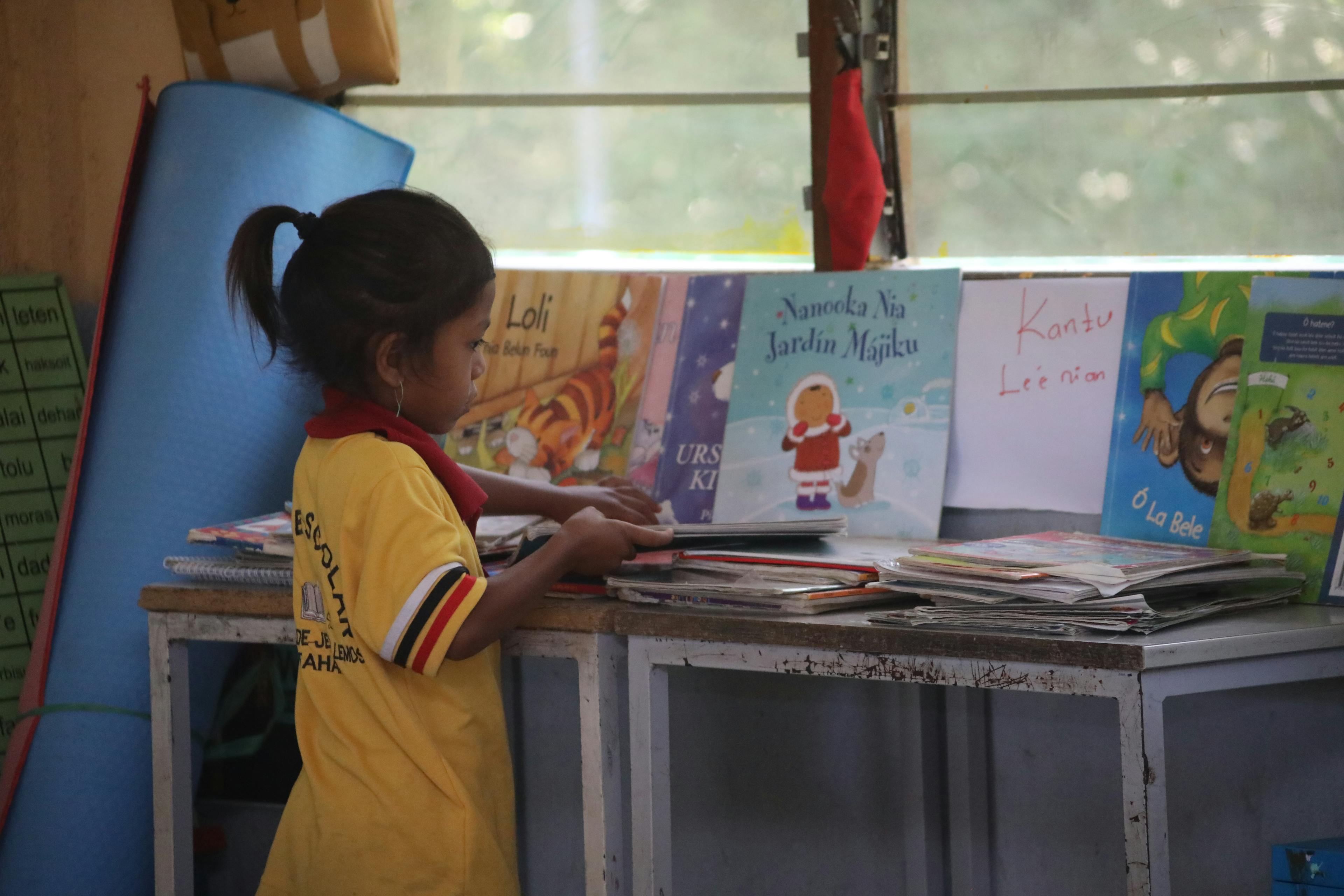
UNICEF Timor-Leste/2022/Benevides
A young girl from Hi Preschool (about 30 minutes outside of Dili) deciding which children's book to read in class. These books, provided by the co-investment funding, are written in the Tetum language and include stories that are culturally relevant for children in Timor-Leste.
In Timor-Leste, this co-investment is focused on strengthening foundation learning, teacher training, and providing culturally relevant resources from preschool to primary school over four years (2022-2025). Together we’re stressing the importance of early education, so more children can realise their full potential.
The children who are missing out on an opportunity to learn:
A 2017 UNICEF assessment of Timor-Leste’s early education revealed 16 per cent of grade one students (5-6 years old) across 128 schools could not identify any letters, and 76 per cent scored a zero in reading comprehension. The lack of quality foundation learning means education is not prioritised in families, leading to a high dropout rate and grade repetition in students especially those transitioning into primary school.
In recent years the Timorese Government has increased access to quality preschool education, especially for children in rural or hard-to-reach villages.
Arriving at Letafoho
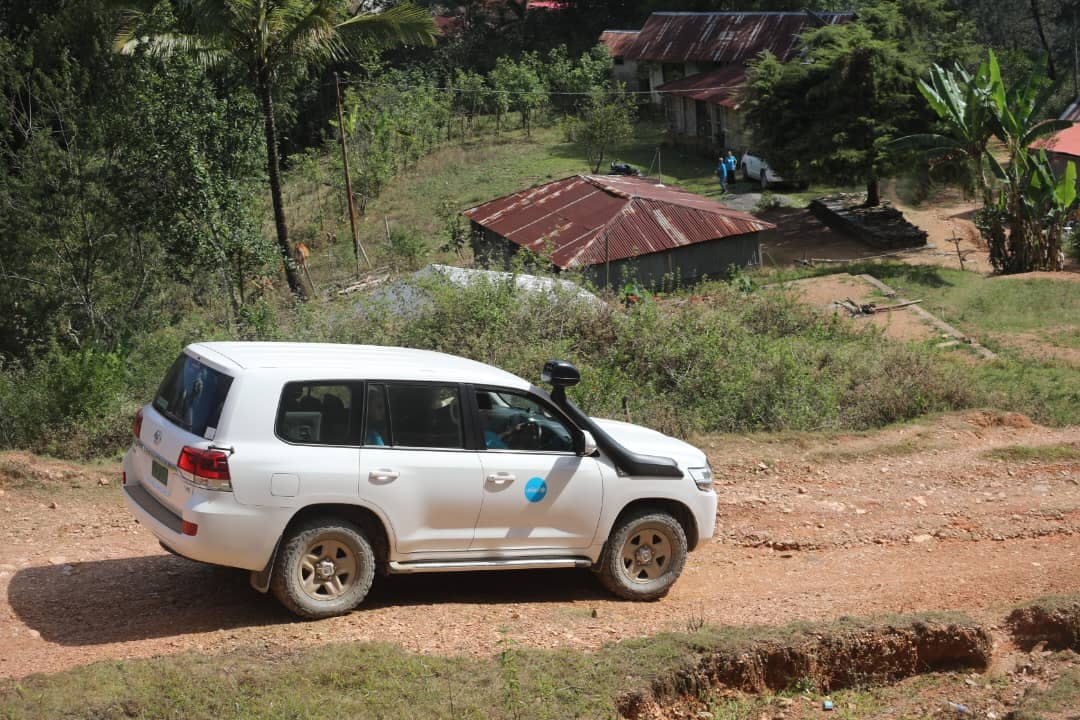
UNICEF Timor-Leste/2022/Benevides
Making a sharp turn off the main road, our jeep jolted and bumped its way down a steep and muddy hill. It must be so challenging for small kids and pregnant mothers from the village to walk on foot to hospitals, especially in the wet season when the track would be completely washed away. I noticed the houses made of concrete walls with corrugated iron roofs. It was surprising to learn there was a good electricity network in the village.
When we arrived lines of small kids and community members were gathered underneath a decorated archway of palm leaves made just for our welcome. They placed beaded necklaces around our necks then we followed them to the community based ECE centre.
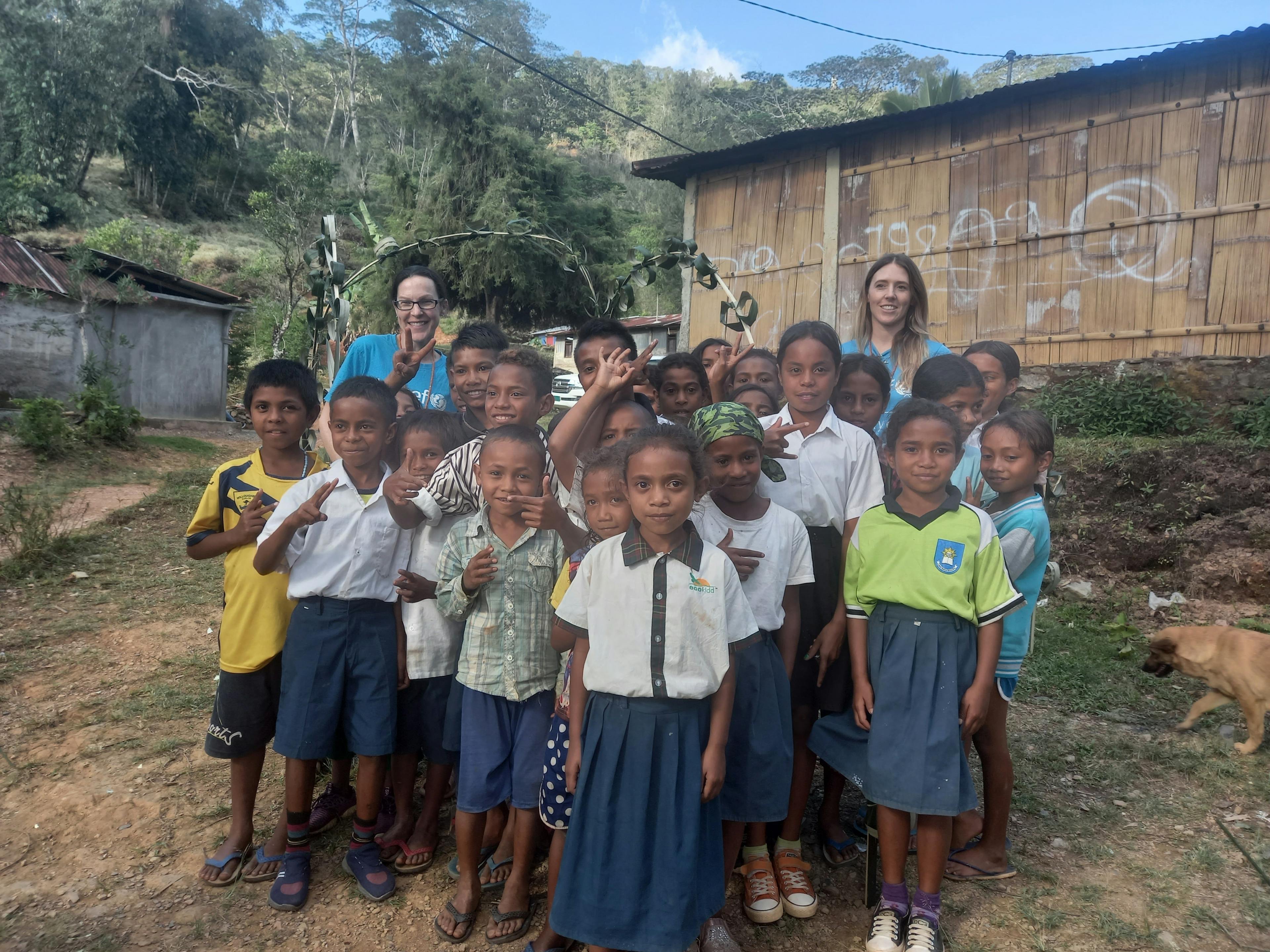
UNICEF Aotearoa/2022/Stewart
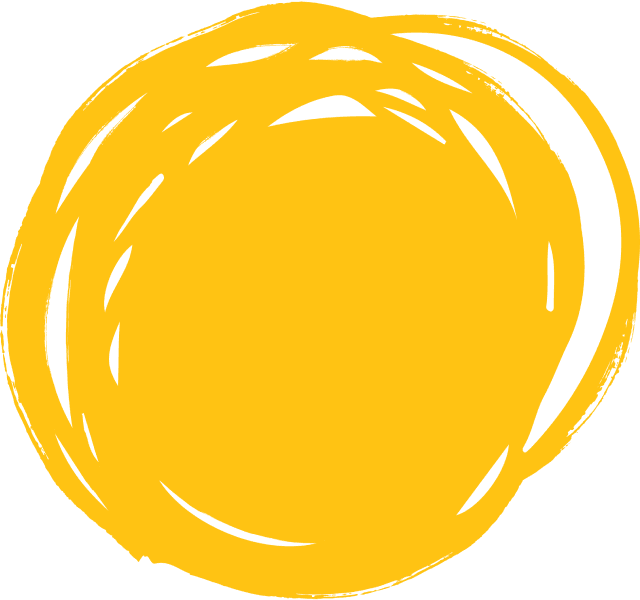
A group photo with some of the children who welcomed us to Kairia preschool in Letafoho. We are standing in front of the palm leaf archway they made for our arrival. I’m at the back on the far left with my colleague Charlotte (UNICEF Australia) on the right.
The ECE centre was a small building with large gaps where the top of the walls didn’t touch the roof. With any slanting rain the floors would be soaked. When we entered the centre, the kids were sitting on a tarpaulin, singing and welcoming each other to school.
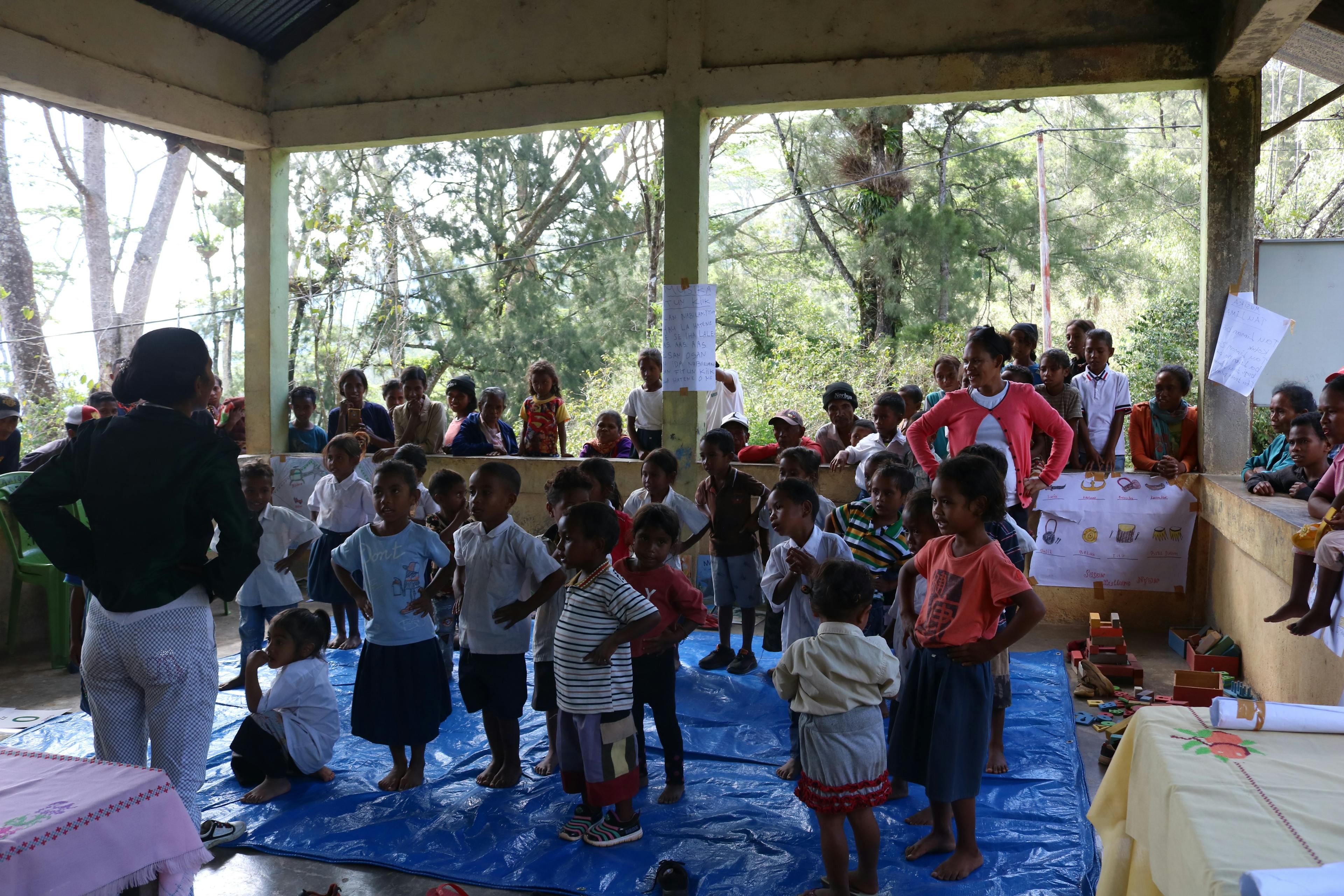
UNICEF Aotearoa/2022/Stewart
Students of Kairia preschool learning a song and dance during class. Families and community members also gathered around the classroom for our arrival.
I noticed a young girl in the class with so much energy – she didn’t want to concentrate on any of the activities. She was pulling faces while hiding behind her friends. The teachers had been trained in classroom management and instead of telling her off, they sat and spoke calmly with her.
I don’t speak Tetum, one of the official languages in Timor-Leste, but that didn’t prevent me from joining in with the kids' activities. I started playing with a toy elephant and one of the kids noticed and then picked up a giraffe. Then we pretended to drink cups of tea. A lot of imaginative play with no language, it was really cool!
As a mother of preschool children, I remember thinking my kids would love it here!
Community-based pre-schools:
In 2023, 104 community-based pre-schools across two municipalities in Timor-Leste—Viqueque and Ermera are supported by the co-investment funds, benefiting almost 3000 children.
Within these ECE centres, UNICEF Timor-Leste has implemented a play-based learning curriculum that builds children’s basic numeracy and literacy foundations while at the same time building their social and emotional skills. There are a lot of games, songs, and reading out loud.
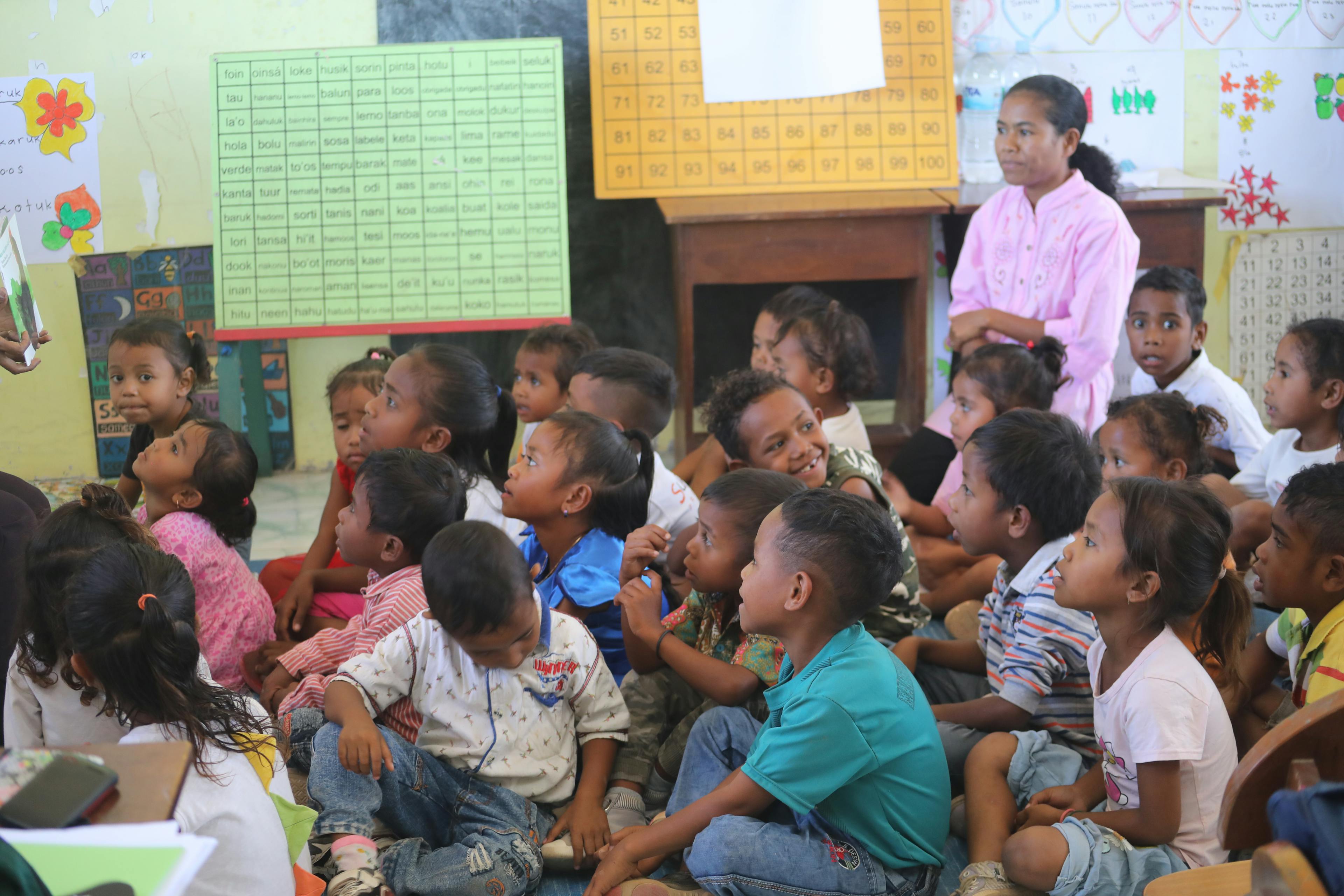
UNICEF Timor-Leste/2022/Benevides
Story time: Children at Hi Preschool listening to their teacher read a story to them on the mat.
Funding provides training for the facilitators and teachers, so they know how to teach in an appropriate way using music, song, and colours. Children are encouraged to be active and express themselves. In addition, Tetum language books are provided so learning resources are culturally relevant.
Our visit to Timor-Leste is an opportunity to see play-based learning in action, to hear feedback from the communities, and to ensure children are benefiting and enjoying this way of learning.
School Readiness!
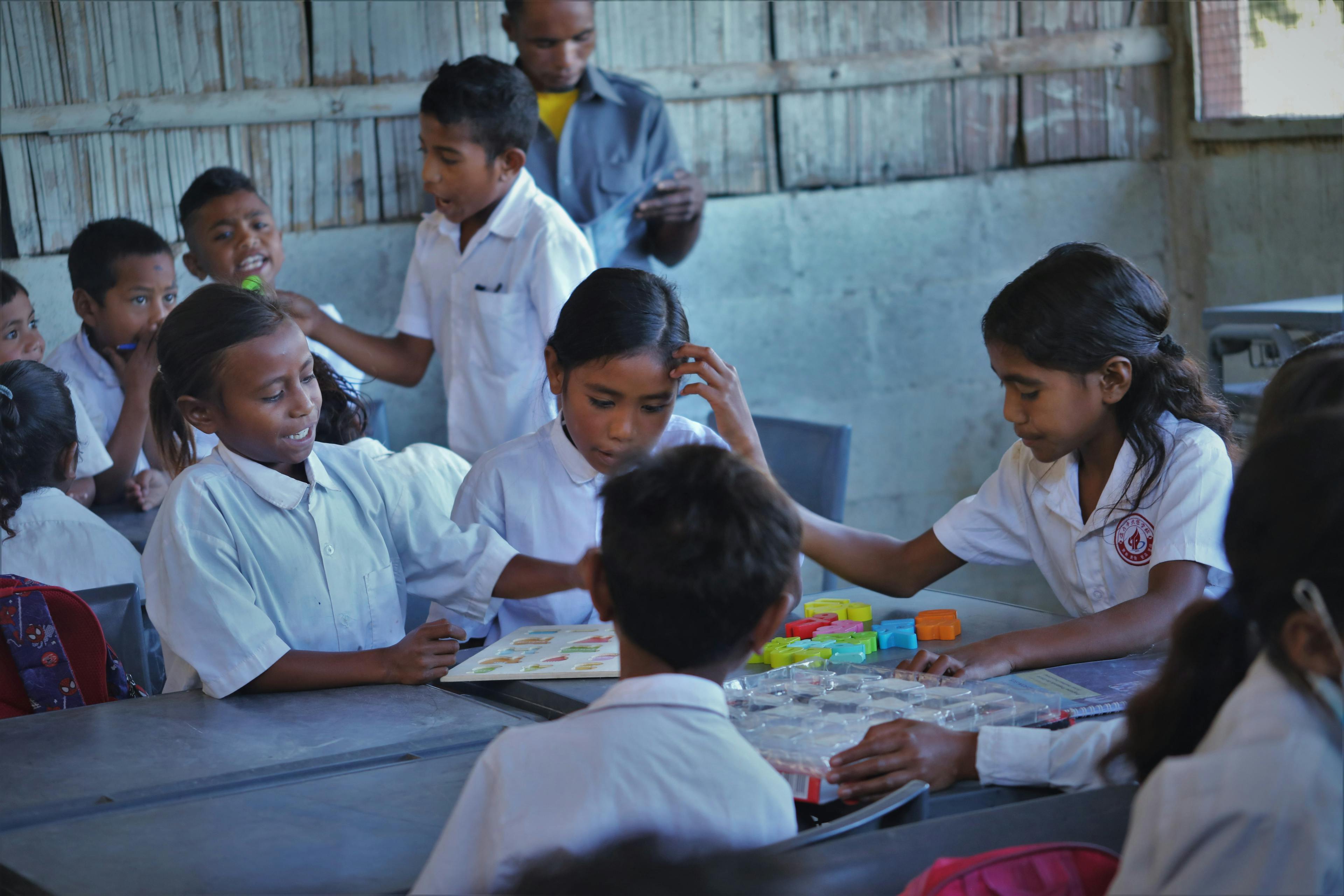
UNICEF Timor-Leste/2022/Benevides
Children at BF Catrai Kraik Primary School using letter blocks to learn the alphabet.
Earlier in the trip, we visited two primary schools that have implemented UNICEF’s School Readiness Programme (SRP). These are classes that only run on Saturdays and are aimed at primary school children who have not had the opportunity to attend preschool or children who are repeating their first year of primary school.
The SRP is supported by both UNICEF Australia and MFAT with plans to expand the Programme into more schools.
The classes have been adapted to cover foundation literacy and numeracy to support children's ongoing learning.
Teachers are trained in preparing children for school readiness and parents are involved so the importance of education is supported in the child’s home.
Older primary school children (10-12 years old) are also chosen to be peer mentors to support the younger students in their activities.
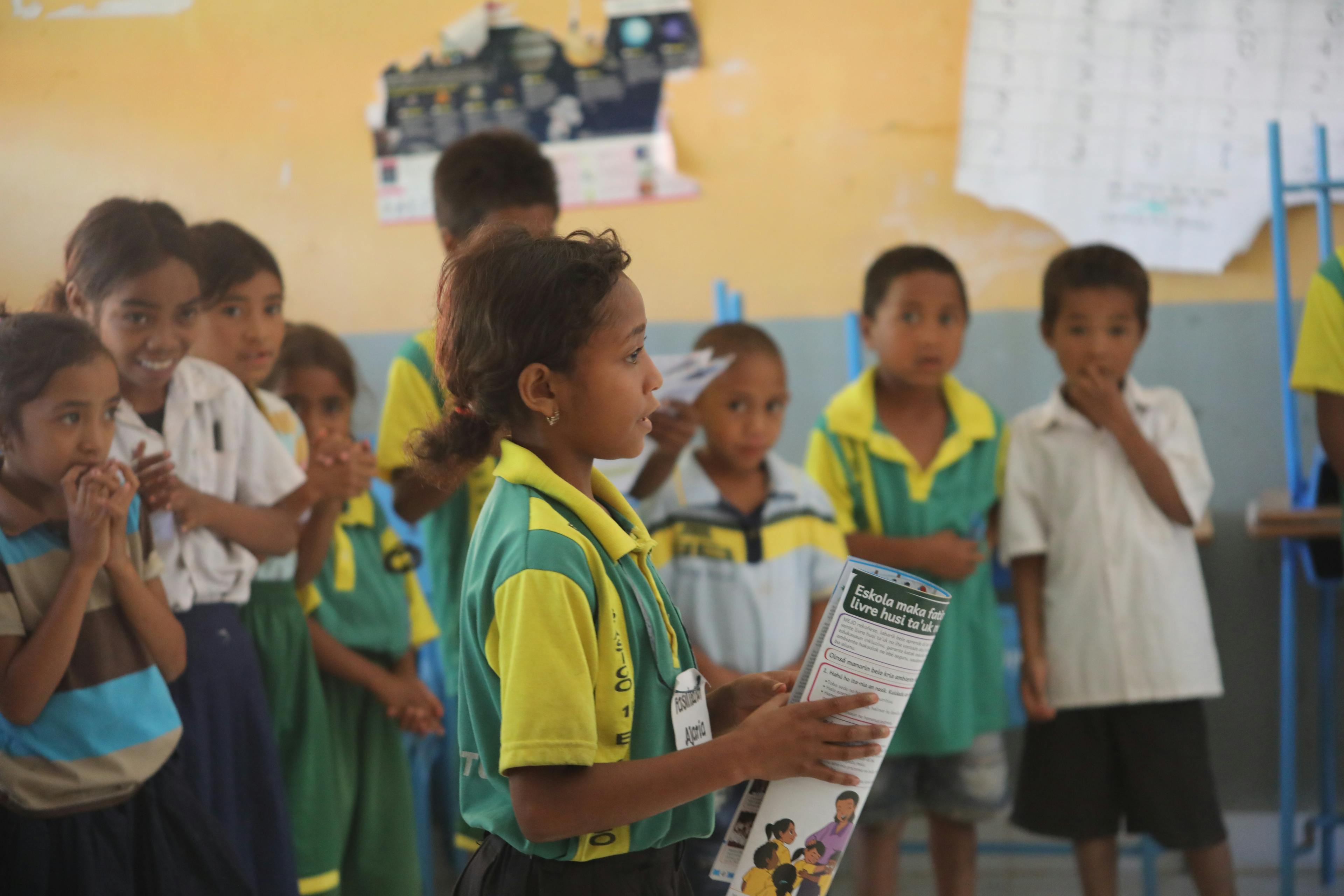
UNICEF Timor-Leste/2022/Benevides
At EBF Luana Primary School in Emera, two peer mentors Ajaria and Ajon led the class in song. The younger children stood around them in a circle singing at the top of their lungs while giggling and clapping their hands. The volume was deafening and the enthusiasm from the children was infectious. Both Ajaria and Ajon showed real leadership.
Meet Ajaria and Ajorn
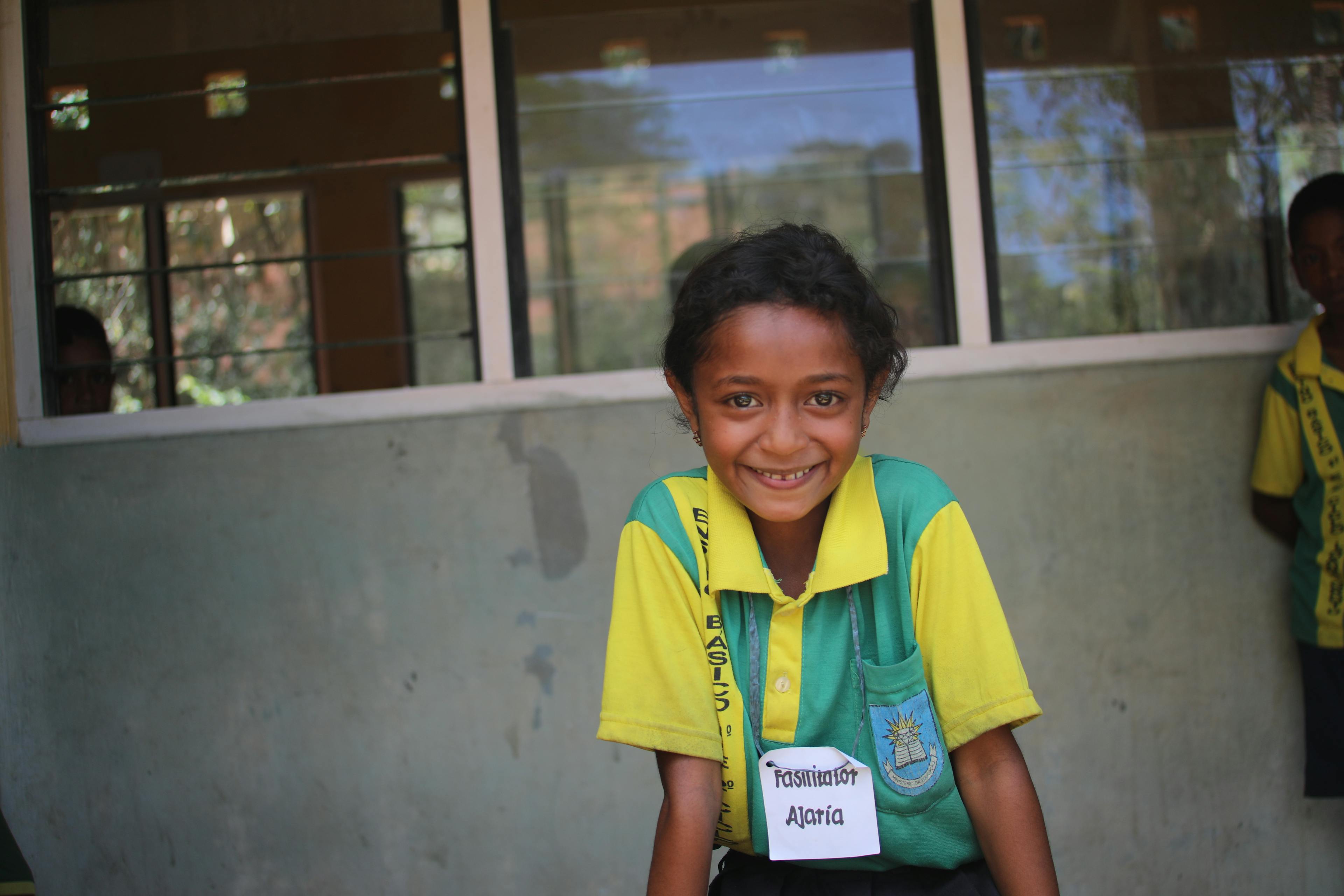
UNICEF Timor-Leste/2022/Benevides
Ten-year-old Ajaria says her favourite school subject is religious education.
“I think the students enjoy the singing the most,” says Ajaria who has been a peer mentor for nearly a year. “I really enjoyed learning from Mana Yessey (a UNICEF staff member who conducted the School Readiness Training) and being able to pass what I learned on to the little ones. My siblings join the activities as well and I love teaching them,” she says.
Ajon tells us he was selected to be a peer mentor by his teacher because he is a confident student. He says the younger children enjoy singing and doing puzzles.
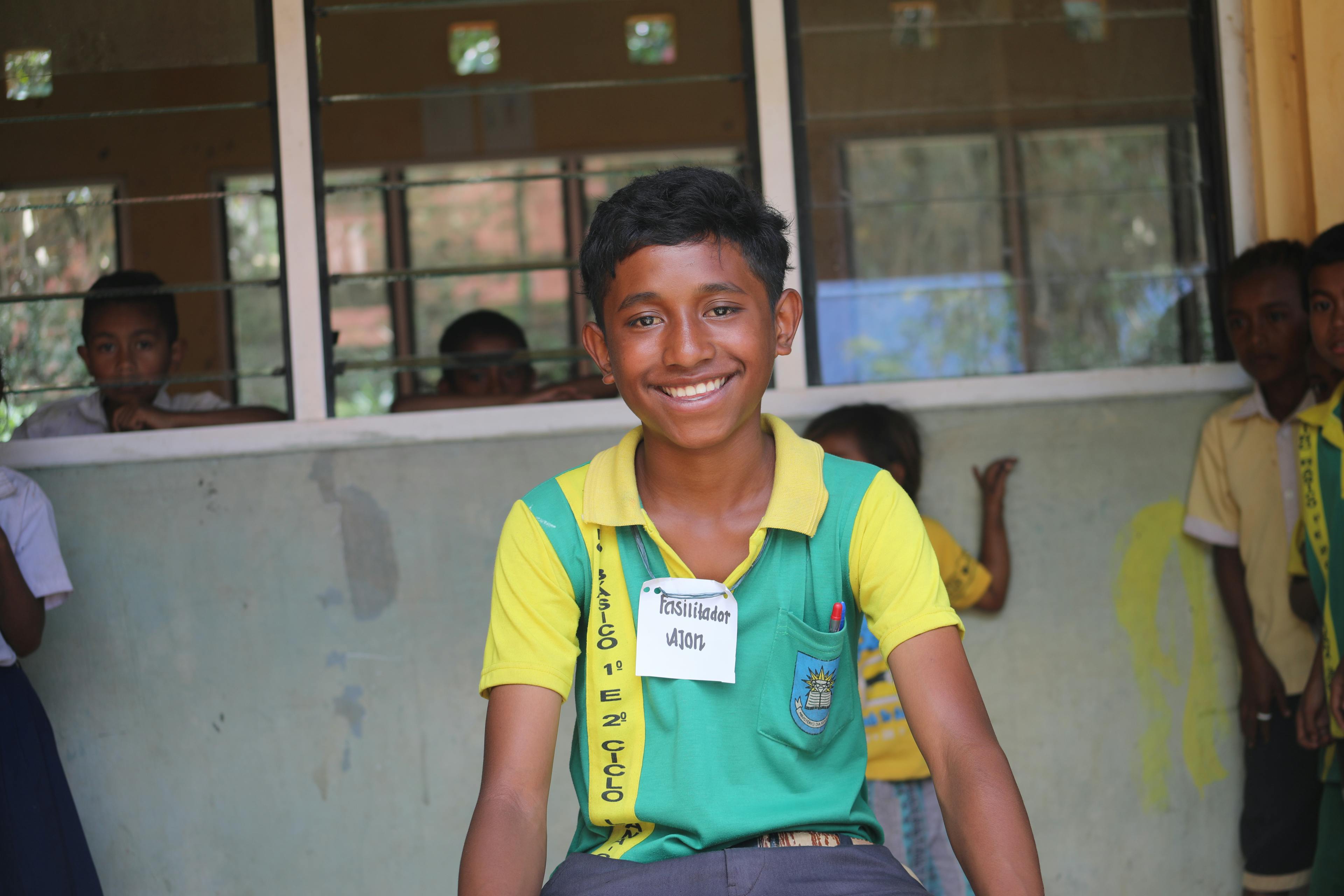
UNICEF Timor-Leste/2022/Benevides
Ajon is in grade 5 and is 12 years old. His favourite school subject is science.
“I enjoy helping children to learn faster and would like to be a teacher when I grow up. I wish for others to be more knowledgeable,” he explains.
Before coming to Timor-Leste, I had a black-and-white picture of the education initiatives UNICEF Aotearoa and MFAT were funding here, but after 10-days of visiting four community-based ECE centres and two primary schools, I can see the picture in full colour.
The programmes have come to life with children clapping and singing in class, huddling together to figure out puzzles and most of all smiling and having fun as they learn. I’ve seen the parents and community members engaged in their children's learning, I’ve visited remote communities, and seen the positive impact of having a community-based ECE centre right in their village.
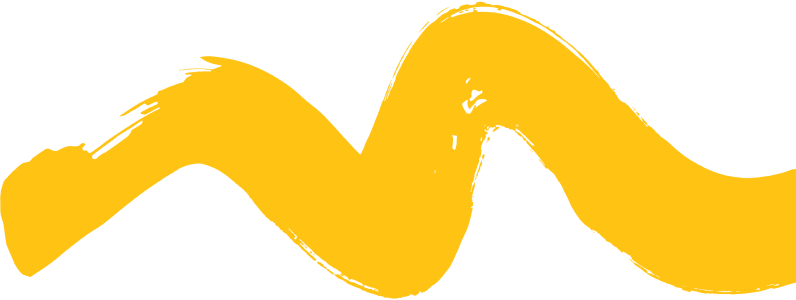
Returning to Dili
Before coming to Timor-Leste, I had a black-and-white picture of the education initiatives UNICEF Aotearoa and MFAT were funding here, but after 10-days of visiting four community-based ECE centres and two primary schools, I can see the picture in full colour.
The programmes have come to life with children clapping and singing in class, huddling together to figure out puzzles and most of all smiling and having fun as they learn. I’ve seen the parents and community members engaged in their children's learning, I’ve visited remote communities, and seen the positive impact of having a community-based ECE centre right in their village.
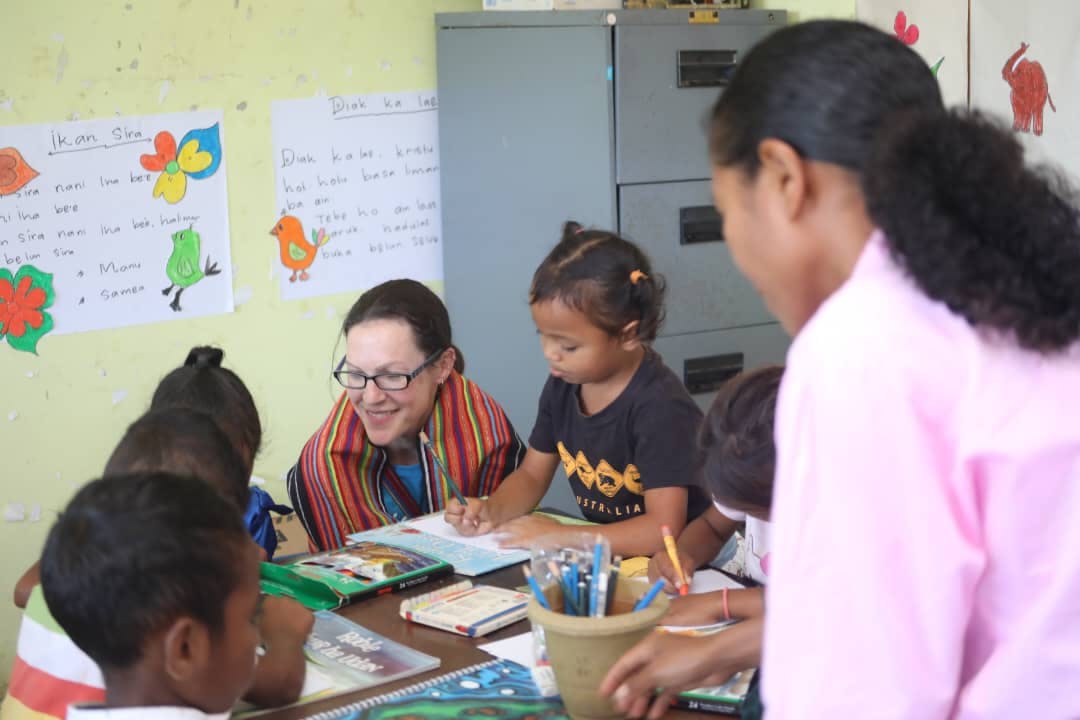
UNICEF Timor-Leste/2022/Benevides